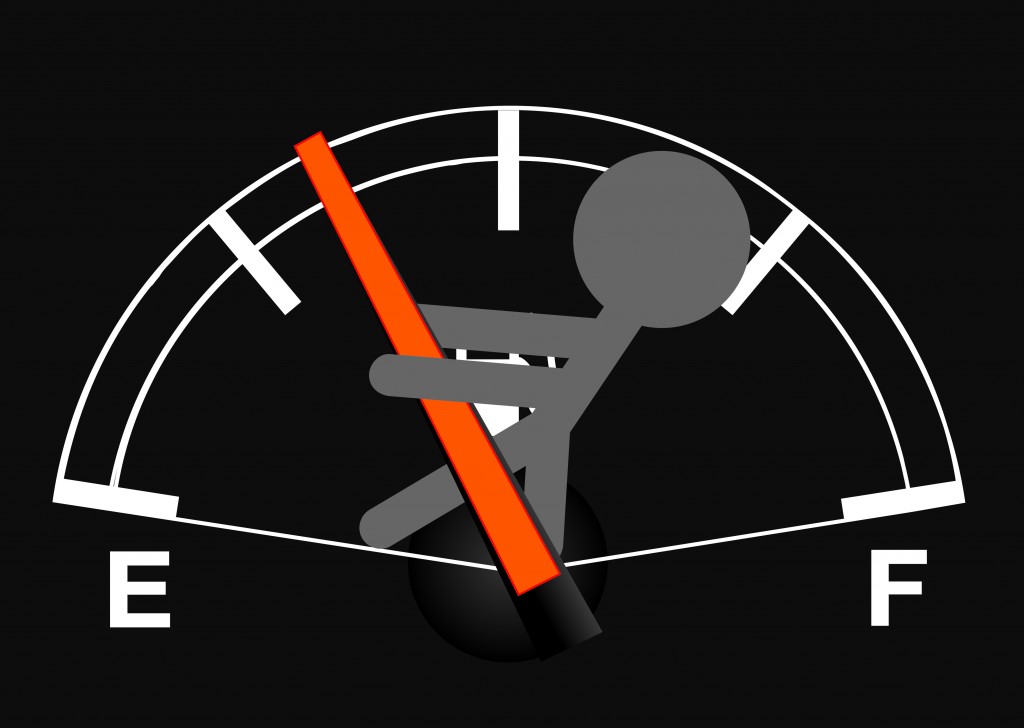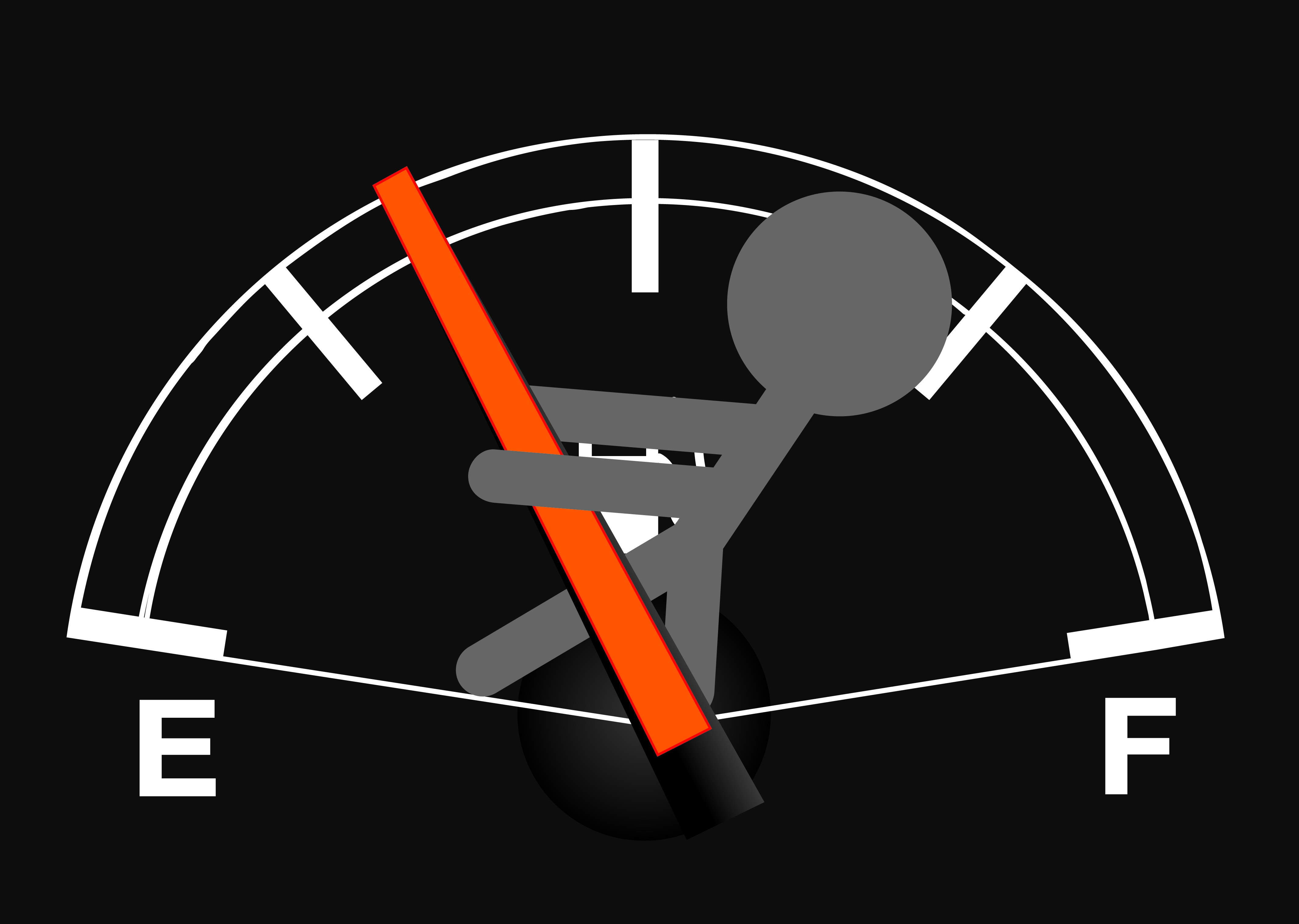
Last week, I finally got around to getting my new Opus card since I didn’t want to use my car as much anymore.
I did so, not because I suddenly felt the urge to be more environmentally responsible or felt that public transportation was better than driving, but rather because of gas prices.
Gas prices have shot up to $1.53 a litre on Sept. 12—a jump of 13 cents overnight. They have dropped since then, but still remain quite high, much to the dismay of Montreal drivers.
The reasons behind the erratic cost of gas changing day to day, however, remain a mystery for many.
Harjeet Bhabra is an associate professor at the John Molson School of Business. His principal fields of study are corporate finance and investments.
According to Bhabra, there are two major factors contributing to high gas prices: one direct cause—events in and around the US; and one indirect cause—unrest in the Middle East.
“Ten days ago, we had this huge hurricane [in the Gulf Coast], and what it typically does is force companies in the area to shut down and move people off the platforms of refineries,” said Bhabra. “There is then a production loss and so less available in the market.”
Supply and demand is the basis for the day-to-day behaviour of gas prices. The cost goes up when the demand strains the supply available worldwide. According to Bhabra, the need for gas in Canada and the US has increased in the last 10 to 20 years, and so has demand in China. Prices will, therefore, inevitably rise as a result.
But the traditional rules of supply and demand don’t work as they should during a time of uprising. In the Middle East, the unrest has affected many nations, and has successfully toppled dictatorial governments.
“Many of these nations are suppliers of crude oil to the rest of the world,” said Bhabra. “If anything happens over there, it directly affects the price of crude oil worldwide.”
Bhabra pointed out that in a scenario such as this one, the anticipation of a lack of supply is sufficient to raise the price. Since the market is uncertain if the supply will last or not, they raise the prices pre-emptively to counter possible future losses.
For example, the current overarching situation in the Middle East is the potential war between Israel and Iran. The Iranian President Mahmoud Ahmadinejad publicly advertises his country’s advancing nuclear program, declaring they won’t back down on their nuclear energy source project.
Meanwhile, Israeli Prime Minister Benjamin Netanyahu addressed American voters on NBC, dissuading them from voting for President Barack Obama. Netanyahu said he wants the support of an American government willing to attack Iran and Obama won’t do that.
It is important to remember that Iran controls the Strait of Hormuz — a narrow yet important waterway through which 40 per cent of the world’s total traded crude oil passes through every day.
A tactical initiative of the Iranian government has been the threat of blocking the Strait of Hormuz. Recent heightened tensions have worried investors of that threat coming true, consequently raising the price of crude oil and with it, the price of gas. Therefore, the political landscape of the Middle East has contributed indirectly to the increase in gas prices.
Quebec citizens have to deal with an even larger burden than the rest of Canada when it comes to gas. Our taxes on gas are the highest in the country, and account for 50 cents a litre. Montreal consumers pay an added three cents a litre as a regional surtax going towards public transit. One-third of the price of our gas at the pump is actually taxes. Just dandy.
There are many factors that can alter the price of gas, some more easily discernible than others. Like a society, crude oil fluctuates not only because of events such as closed refineries, it will also change depending on public opinion.
Speculation about the future, including in the Middle East, has a direct impact on the price of gas Montreal citizens will pay at the pump. With the way events are unfolding in the Middle East, a gas price under $1.20 is most likely not in the cards. In the meantime, we have the wonderful public transit system. I suggest we get used to it.




